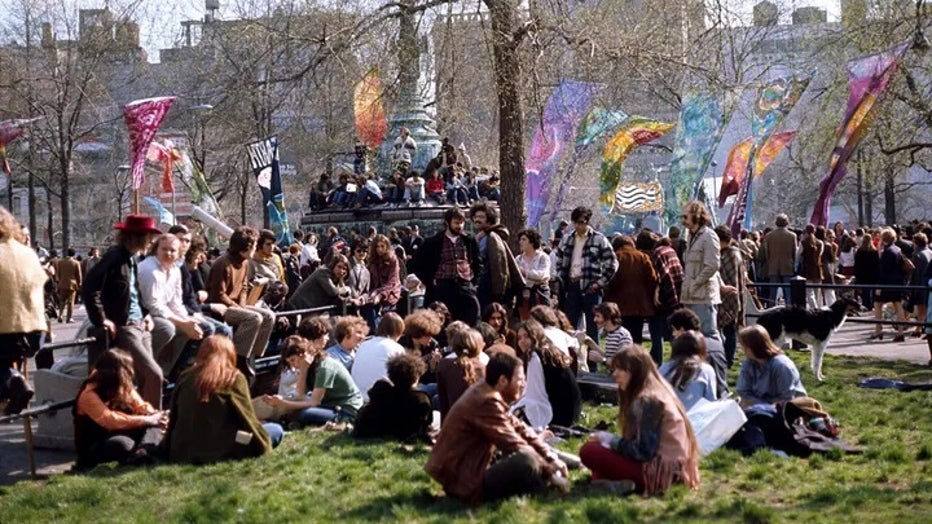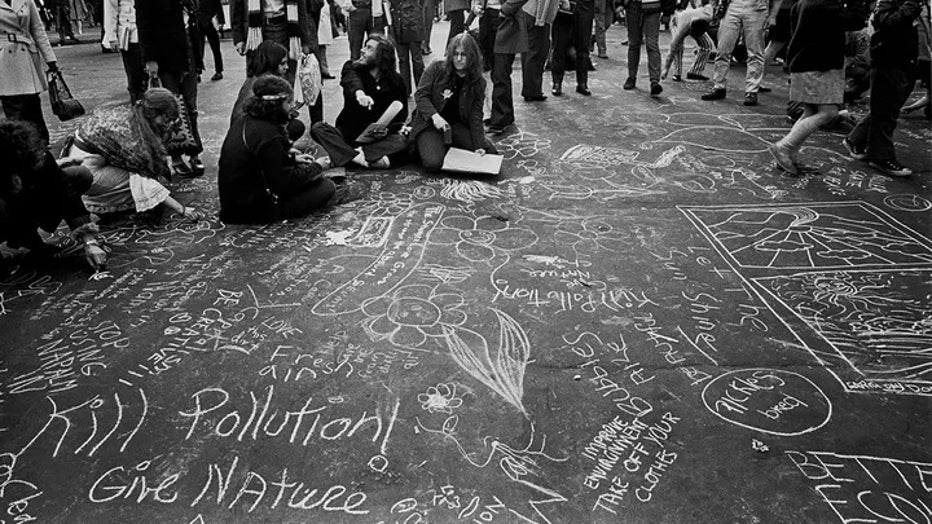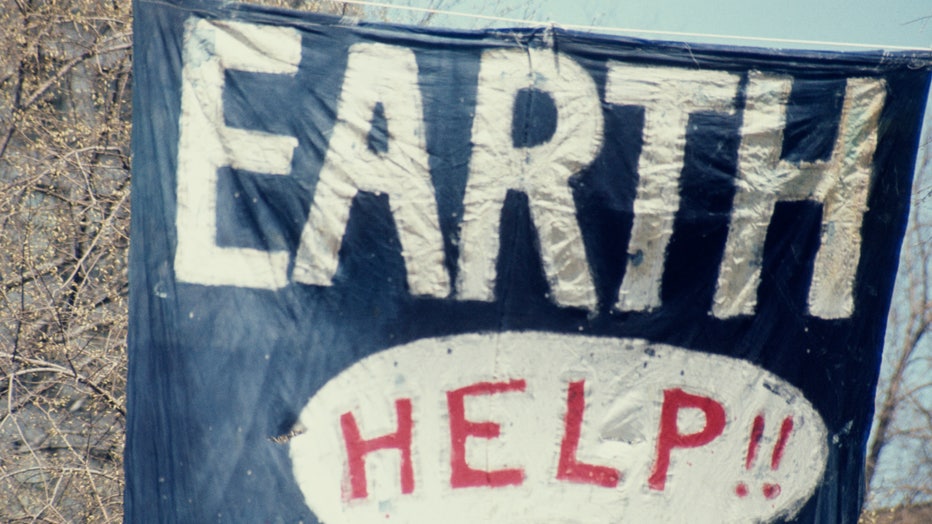Interesting facts about Earth Day: Who created the holiday?

Earth Day's origins: How a California oil spill set off a movement to protect the planet
A 1969 oil spill off the Santa Barbara coast helped create the movement to protect the planet and started the idea for Earth Day.
Earth Day is one of the most popular and widespread non-religious holidays in the world, recognized in over 100 nations across continents.
Although the event was primarily based in the United States, by 2009, the coordinators for Earth Day helped gain recognition from the United Nations and other countries around the world.
Additionally, Earth Day has played a key role in passing essential environmental protection laws that protect wildlife, such as the Clean Air Act, Clean Water Act and the Endangered Species Act.
ON THIS DAY IN HISTORY, APRIL 22, 1970, FIRST EARTH DAY IS CELEBRATED: ‘RARE POLITICAL ALIGNMENT’
Read below to find out who created the day and what inspired it.
1. An oil spill led to the creation of Earth Day
The founder of Earth Day was Democratic Wisconsin Sen. Gaylord Nelson, who was inspired to create the global observance after one of the worst ecological disasters in U.S. history.
In January 1969, an oil well off the coast of California near Santa Barbara exploded more than 3 million gallons of oil into the Pacific Ocean.
The disaster killed over 10,000 dolphins, seals, sea lions and seabirds, leading to an outcry from environmental activists.

The first Earth Day celebration in April 1970 became the largest protest in human history with over 20 million participants. (Getty Images)
Nelson decided to inspect the damage caused by the 6-mile oil platform via an airplane, where he saw the extent of the harm done to the environment and sea life.
After inspecting the ocean, Nelson worked with environmental activists to organize and create the first Earth Day celebration.
Nelson and others wanted to educate Americans about our impact on the Earth's environment and pass new environmental regulations.
EARTH DAY AT 50: ENVIRONMENTAL ADVOCATES FACE NEW OBSTACLES
Many high-profile activists supported Nelson's decision to create the observance, such as Marc McGinnes and Selma Rubin. Aside from Nelson, the January 1969 oil disaster shocked the nation and led to the passage of further government oversight over the oil industry to ensure that future disasters on that scale would not happen again in the country.
The outcry and celebration of Earth Day inspired the creation of the Environmental Protection Agency and the National Oceanic and Atmospheric Administration.
2. Nearly 10% of US population celebrated first Earth Day
Nelson worked with a young activist named Dennis Hayes to coordinate the first Earth Day primarily in the United States through a series of teach-ins, protests and marches all across the country.
Nelson decided to hold the first Earth Day on April 22 because it fell between the spring break period for most college students. He wanted to attract as many young people as possible to support the event.

The first Earth Day celebrations in 1970 helped lead to new environmental protections and laws. (Getty Images)
The organizers of the first Earth Day were soon able to grow the event to expand nationwide and lead to the biggest protest in recorded human history, with more than 20 million people taking to the streets to protest for environmental justice and other issues that were popular at the time.
Labor unions and anti-war activists were huge allies in the celebration and protests during Earth Day 1970.
On April 22, 1970, over 10,000 public schools and 2,000 colleges and universities participated in the first Earth Day celebration.
The enthusiasm and support for young people were crucial and led to new environmental safety regulations and agencies. In total, approximately 10% of the population of the U.S. took part in the first Earth Day.
3. Earth Day is most popular secular observance in world
Earth Day is recognized across the world by over 140 nations and is celebrated by over a billion people every year.
In the United States alone, over 95% of all primary and secondary education facilities take part in observing the holiday annually.

A banner at the inaugural Earth Day, New York City, 22nd April 1970. Earth Day is held annually to raise awareness of environmental issues. (Photo by Archive Photos/Getty Images)
The popularity and widespread celebration of Earth Day have made it the popular secular observance in the world and has inspired conservation efforts for the environment and wildlife in various countries.

